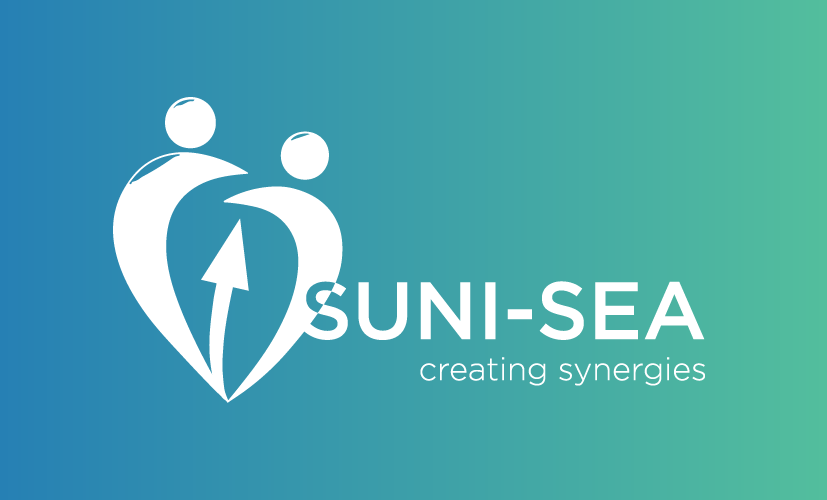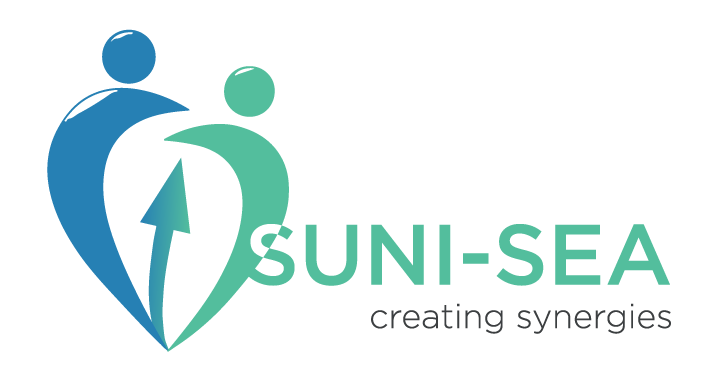The four-year research project, entitled ‘Scaling-up NCD Intervention in South-East Asia’ (SUNI-SEA) has commenced with the first gathering in Thailand. With funding from the European Commission, the objective of this research project is to study the efficiency and cost-effectiveness of NCD intervention in primary health care services and community-based activities in three South-East Asian countries.
The kick-off meeting was held during 18-20 February 2019 in Chiang Mai, Thailand with nine consortium members present, namely University Medical Center Groningen, Netherlands; University of Groningen, Netherlands; University of Passau, Germany; Trnava University, Slovak Republic; HelpAge International; Age International; Thai Nguyen University, Vietnam; Health Strategy and Policy Institute, Vietnam; and Sebelas Maret University, Indonesia. It was a good opportunity for the consortium partners to get to know each other better and to agree on important issues of management, organisation, communication and a detailed work plan.
The SUNI-SEA project aims to develop evidence to inform policy making on the most effective ways of addressing scalable solutions for health systems to address NCDs in Indonesia, Myanmar and Vietnam. Specifically, the research aims to understand the synergies between community-based activities and primary health care services and the way they can enhance the impact on health. Therefore, the research will look at macro level interventions (e.g. universal health coverage basic package of services) and micro level interventions (through community-based organisations) and the interaction between them to create evidence useful for policy making in the target countries.
In the first year of the project, a retrospective study will be conducted on the various existing interventions. The overall effectiveness and the cost-effectiveness of approaches will be considered, and tools based on global best practice will be developed. This will include a revised, strengthened health approach for Older People Associations (OPAs) OPAs, including tools, IEC materials and the like. For the remaining three years, prospective studies which roll out and scale up best practices will be undertaken in each country and the process and results monitored. The project will develop conclusions, evidence and policy lessons regarding the interactions and efficacy of the various approaches, and their scalability, viability and sustainability.
It is the hope of the project partners that the findings of this project will add significantly to our understanding of how health systems in lower- and middle-income countries can be improved to better meet shifting health needs as populations age.




